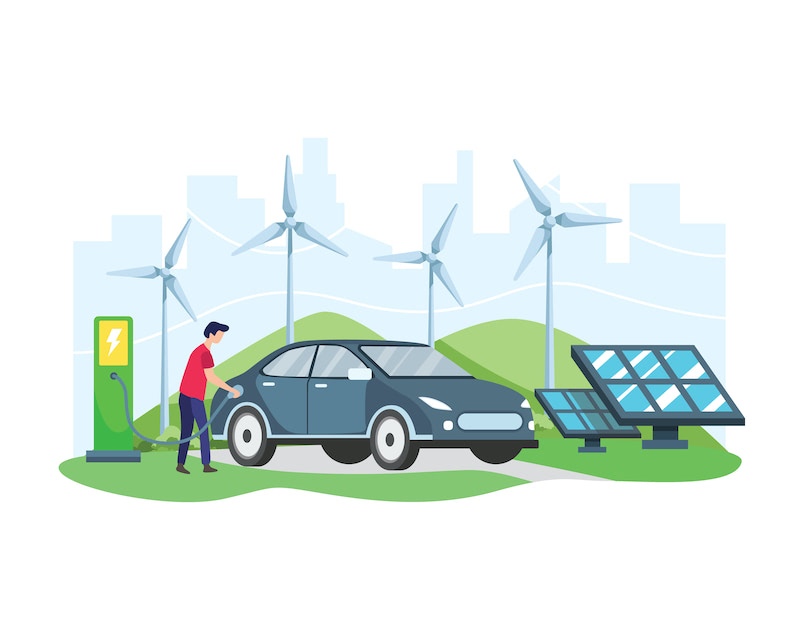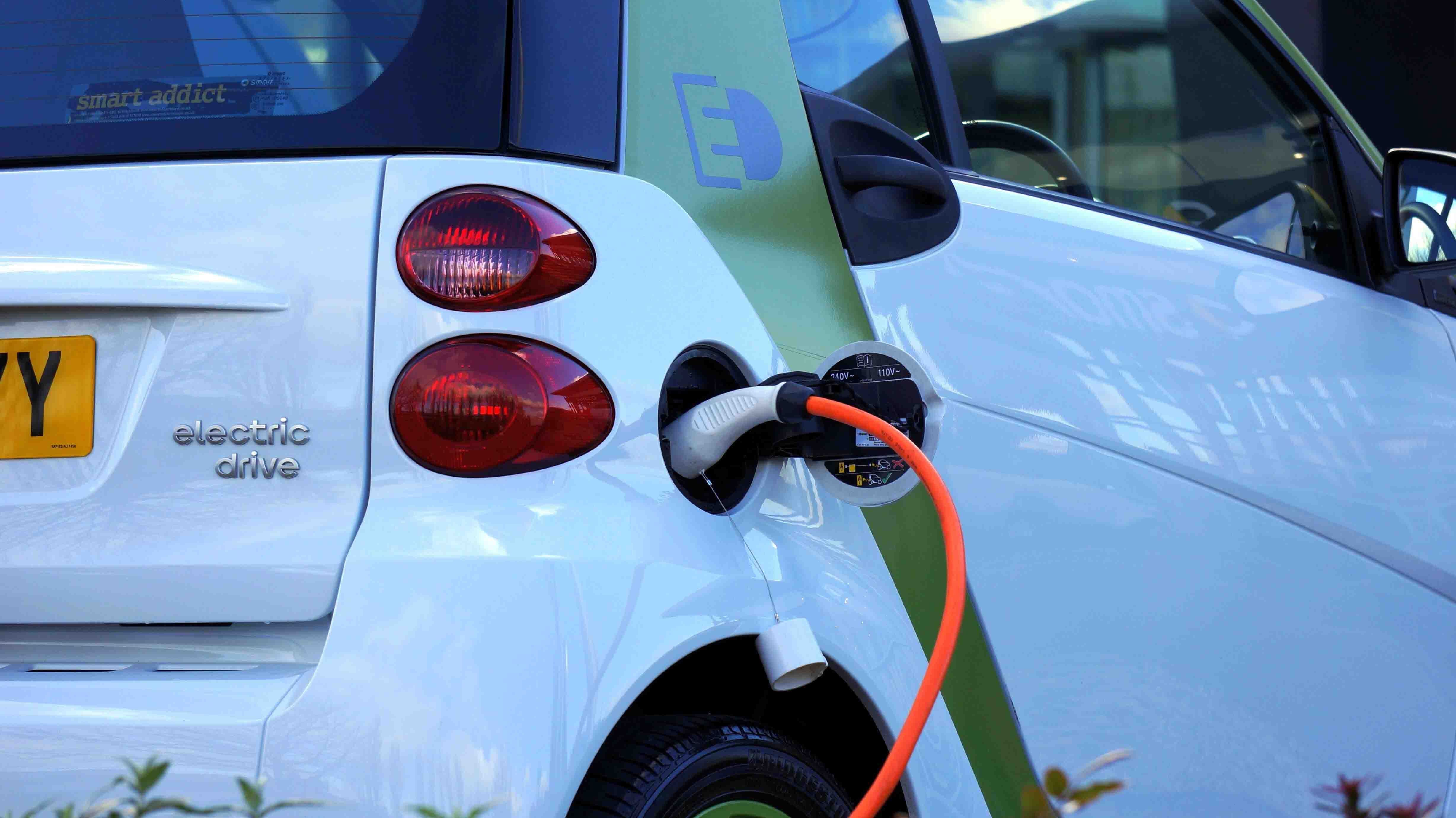Shanghai (Gasgoo)- Chinese solid-state battery company Talent New Energy recently signed a strategic cooperation agreement with Chinese energy storage technology developer Narada in solid-state battery field, according to a post on Talent New Energy's WeChat account.
Under the agreement, both parties will collaborate on key projects by leveraging their respective advantages in R&D to promote the large-scale application of solid-state batteries in the energy storage and consumer sectors.
The collaboration aims to display the advantages and feasibility of solid-state batteries in the energy storage field, expanding their application across various energy storage markets, including grid-side, power-side, and user-side applications.
Talent New Energy has unveiled a clear roadmap and timeline for the mass production of solid-state batteries, introducing the concept of "material-reduction manufacturing" and establishing a "4-3-2-1" roadmap for its solid-state battery technology system. Based on the traditional four components of liquid lithium-ion batteries, the first step involves removing the separator and partial electrolyte, producing semi-solid-state batteries in the initial mass production. The second step entails full removal of the electrolyte, resulting in full-solid-state batteries suitable for specialized sectors such as low-altitude aircraft and portable consumer electronics. The final step involves the removal of the cathode, leaving only the anode.
In November 2024, Talent New Energy and Changan Automobile jointly unveiled the separator-free solid-state lithium battery technology, proving the viability of this technology. Shortly after, Talent New Energy partnered with Narada to enter the energy storage market, marking a significant step in exploring the diverse applications of solid-state batteries.
The cooperation between Talent New Energy and Narada is based on complementary technologies, market demand, and synergistic industry chain synergy. Narada has secured domestic and overseas energy storage orders, facilitating the grid connection and operation of multiple projects, while engaging in the R&D of solid-state batteries. Talent New Energy focuses on the R&D and manufacturing of solid-state batteries and relevant key materials. Its in-situ submicron film development (ISFD) technology for industrial application and interfacial softening technology have addressed the industry's challenges of mass production, low yield rates, and high costs associated with solid-state batteries.
This cooperation is set to enhance Talent New Energy's competitiveness in the energy storage sector. By integrating Talent New Energy’s solid-state battery technology, the duo can develop energy storage battery products with higher energy density, enhanced safety, and reliability, meeting market demand for high-performance storage solutions. Furthermore, leveraging Narada’s expertise in system integration and operational maintenance, both parties will facilitate the practical application of new solid-state batteries in energy storage scenarios.
Talent New Energy focuses on R&D and production of solid-state batteries. In April 2024, the company released the solid-state lithium battery with a capacity of 120Ah and an energy density of 720Wh/kg.
In November 2024, as aforesaid, Talent New Energy and Changan Automobile jointly introduced the separator-free solid-state battery technology, replacing partial and all separator functions with a composite solid-state electrolyte layer. This innovation inhibits the formation and penetration of lithium dendrites, further ensuring battery safety.
Notably, the company's ISFD technology enables high integration, precision, and compatibility while reducing costs and achieving a yield rate of over 99% in roll-to-roll production.
In the realm of energy storage, Talent New Energy's separator-free semi-solid-state lithium battery, based on its separator-free technology, has passed thermal box testing at up to 200°C, exceeding the national standard of 130°C. It also withstands overcharging up to 19V, more than 200% higher than the national standard of 5.5V. Furthermore, the use of separator-free technology reduces the reliance on traditional separator materials and partial electrolyte components, lowering raw material costs by over 10%.



